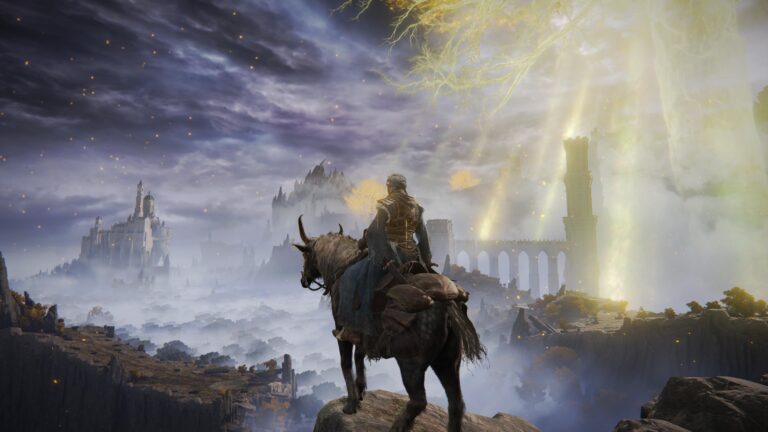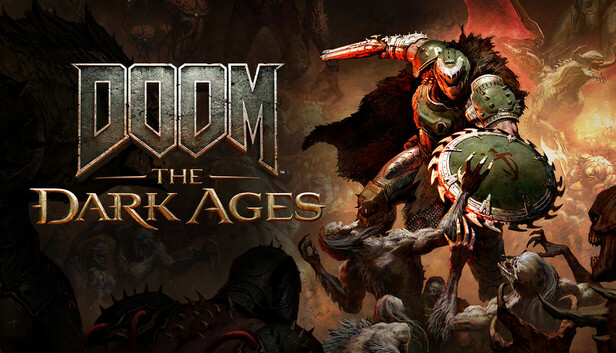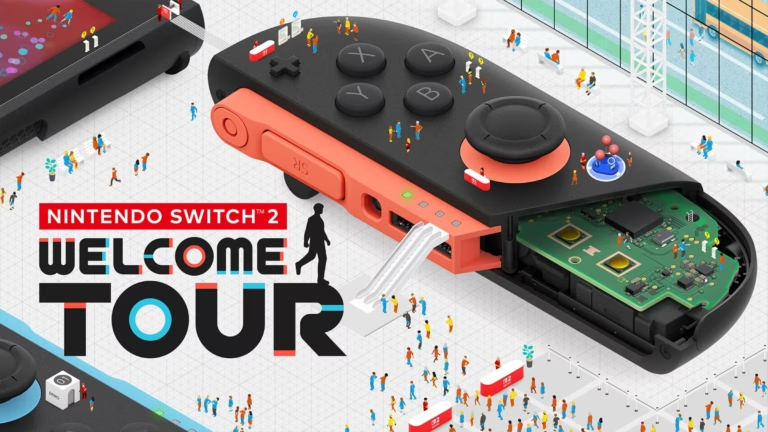Game data not found.
Story
Power League, developed by Hudson Soft, is a sports simulation game that immerses players into the thrilling world of baseball. Released in 1988 for the PC Engine, Power League primarily focuses on delivering an authentic baseball experience rather than a narrative-driven story. Unlike many contemporary sports games that integrate elaborate storylines, Power League harks back to the essence of the sport itself, allowing players to focus entirely on the gameplay and strategic elements of baseball.
The game does not follow a scripted storyline but instead offers players the opportunity to create their own narratives through gameplay. As players guide their team through various matches, they can experience the highs and lows of the sport, from the excitement of a last-minute home run to the tension of a tied game in the final inning. This open-ended approach allows players to engage with the game in a way that feels personal and dynamic, crafting their own stories with each playthrough.
Gameplay
Power League excels in its gameplay mechanics, which are finely tuned to provide both realism and accessibility. The game features a comprehensive simulation of baseball, offering players control over various aspects of the game, from pitching and batting to fielding and base running. This attention to detail ensures that players are given a thorough representation of the sport, making strategic decisions crucial to success.
Control and Mechanics
The controls in Power League are intuitive, allowing players to quickly grasp the basics while offering depth for those who wish to master the game’s intricacies. Pitching involves selecting the type of pitch, its speed, and its placement, requiring players to think strategically about how to outwit opposing batters. Batting, on the other hand, demands precise timing and positioning, challenging players to anticipate the pitch and make contact with the ball.
Fielding and base running are controlled with a straightforward interface, enabling players to react swiftly to in-game events. The AI assists in controlling non-player characters, ensuring smooth transitions between player-controlled actions and automated responses.
Game Modes
Power League offers several game modes to keep players engaged. The single-player mode allows players to compete against increasingly challenging AI opponents, while the multiplayer mode lets friends face off in head-to-head matches. A tournament mode is also available, where players can guide their team through a series of matches to claim the championship title.
Graphics and Sound
For a game released in the late 1980s, Power League boasts impressive graphics that capture the essence of the baseball experience. The pixel art style is vibrant and detailed, providing clear representations of players, stadiums, and the field. Animations are smooth and contribute to a sense of immersion, whether it’s the graceful swing of a bat or the energetic sprint of a player running to base.
Visual Design
The visual design of Power League is both functional and appealing. The user interface is clean and easy to navigate, allowing players to focus on the game without unnecessary distractions. The stadiums are well-rendered, with attention to detail that enhances the realism of the game environment.
Audio Experience
The sound design in Power League complements its visual elements perfectly. The game features an upbeat soundtrack that captures the excitement of a live baseball game. Sound effects are crisp and realistic, from the crack of the bat making contact with the ball to the roar of the crowd as a player scores a home run. These auditory elements enhance the overall gaming experience, making each match feel dynamic and engaging.
Legacy and Reception
Upon its release, Power League was well-received by players and critics alike, praised for its realistic simulation of baseball and engaging gameplay. It quickly became a popular title for the PC Engine, solidifying its place as a classic sports game of its time.
Critical Acclaim
Critics lauded Power League for its depth and attention to detail, noting how it effectively captured the spirit of baseball. The game’s intuitive controls and challenging AI were highlighted as strengths, providing a balanced experience that appealed to both newcomers and seasoned players.
Influence on Future Games
Power League’s success paved the way for future baseball games, influencing the development of subsequent titles in the genre. Its mechanics and design principles can be seen in later baseball simulations, which have built upon the foundation established by Power League to offer even more sophisticated and immersive experiences.
Conclusion
Power League remains a beloved classic in the world of sports video games. Its focus on delivering an authentic baseball experience, combined with intuitive controls and engaging gameplay, has left a lasting impact on the genre. While it may not boast a complex narrative, its ability to allow players to create their own stories through gameplay is a testament to its enduring appeal.
Even decades after its initial release, Power League continues to be remembered fondly by fans and serves as a benchmark for what a sports simulation game can achieve. Its legacy lives on, influencing the design and development of future baseball games and ensuring its place in the annals of video game history.















